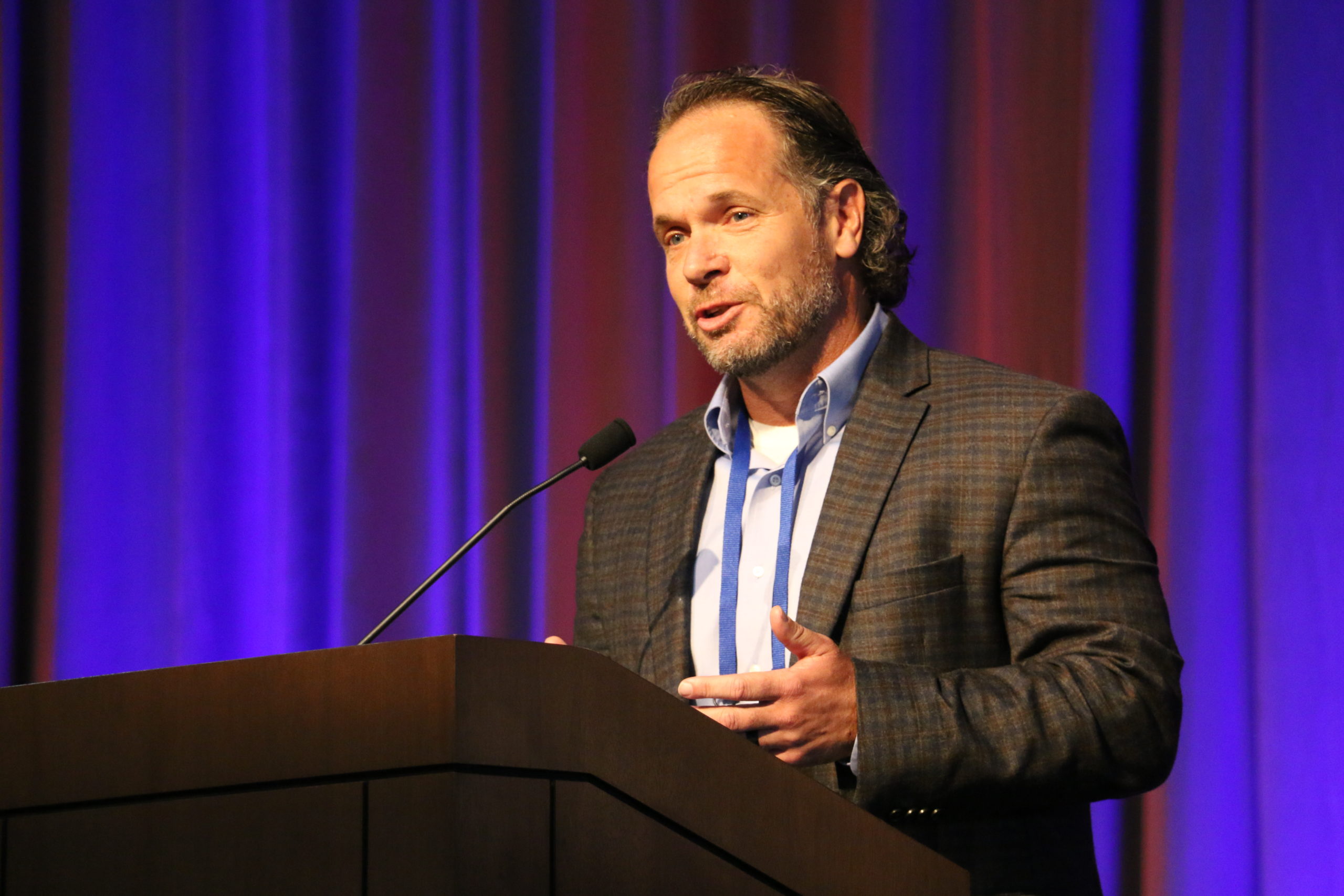On Monday morning, General Synod 2022 discussed changes to the way candidates for ministry pursue ordination. They approved recommendations to rename the Certificate of Fitness for Ministry the “Certificate of Readiness for Examination” and adjust the process for granting certificates.
The changes will now go before the classes for consideration, requiring at least-two thirds approval and ratification by the General Synod 2023 before they can be enacted.
You need to receive a Certificate of Fitness for Ministry before you can pursue ordination as a minister of Word and sacrament in the RCA. Three theological agents—Western Theological Seminary (WTS), New Brunswick Theological Seminary (NBTS), and the Ministerial Formation Certification Agency (MFCA)—can grant Certificates of Fitness to candidates for ministry in the RCA.
The Pastoral Formation Oversight Board (PFOB) brought the recommendations to synod after several years of discernment about changing the certification process. The board’s moderator, Chad Pierce, explained that there’s been confusion about what constitutes “fitness” for ministry, as it’s not clearly defined in the Book of Church Order. Another challenge, Pierce said, is that, with more theological education moving online, the theological agents don’t always know students well enough to determine their fitness.
The name change and process adjustments aim to clarify the certificate’s role in the ordination process. The proposed changes also affirm that examination for ordination and licensure is a classis responsibility.
The new process would not require theological agents to discern fitness for ministry. Instead, granting the certificate would indicate to the classis that a student satisfies the BCO requirements for examination to become a minister of Word and sacrament. It would then be up to the classis to discern whether a candidate under its care is fit for ordination.
“We believe this will provide consistency for candidates to know what is expected of them and for our theological agents to know what is expected of them,” said Pierce. “The certificate means that the [theological] agents have trained candidates in what the BCO says they need to know before handing them off to the classes. We believe that the classis has primary responsibility for determining if someone is ready for ordination.”
If the changes adopted on Monday are approved, all candidates for ministry who graduate from NBTS or WTS with a Master of Divinity and fulfill the BCO requirements for ministers of Word and sacrament would receive a Certificate of Readiness for Examination.
The MFCA would still determine whether students from other seminaries and those pursuing the Approved Alternate Route meet the requirements for a certificate. However, the MFCA would not offer additional required courses for ordination in the RCA directly as it does now. Instead, candidates would complete any additional coursework through either NBTS or WTS.
For full coverage of General Synod 2022, visit www.rca.org/synod.





